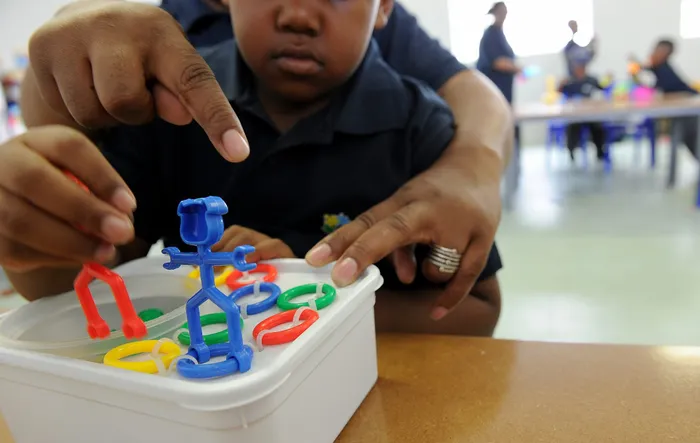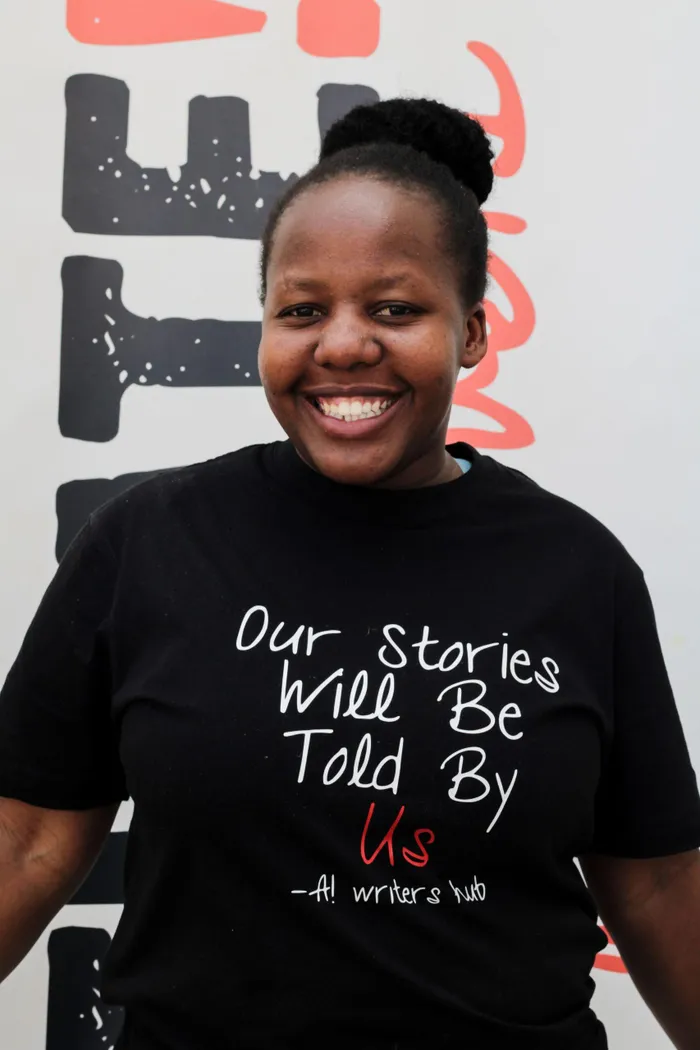The Magic of Love: Raising a Child with Autism
Spreading awareness

With support, resources, and community understanding, children with autism can lead happy, meaningful lives, and their families can feel empowered to advocate for change, says the writer.
Image: File
April is Autism Awareness Month, a time dedicated to raising awareness about autism, promoting understanding, and advocating for the inclusion of individuals on the spectrum.
Autism is a neurodevelopmental condition that affects an individual’s ability to communicate, interact socially, and engage in typical behaviours.
According to the World Health Organization, about 1 in 100 children worldwide are affected by autism, but local studies in South Africa show a prevalence rate of between 0.08% to 2%.
It is a spectrum disorder, meaning its symptoms can vary widely, from mild to severe, and each child with autism experiences it uniquely.
Despite its prevalence, autism remains widely misunderstood, and many children, especially in underprivileged communities, struggle to access the support and resources they need. Autism Awareness Month serves as an opportunity to challenge stereotypes, educate the public, and ensure that children with autism have the opportunity to thrive.
One such story is that of Nompumelelo Matshoba, a single mother and a dedicated member of Activate! Change Drivers, raising a beautiful child with autism in a community where awareness and resources are scarce. Her journey, filled with challenges and triumphs, showcases the resilience of families navigating a system that often overlooks or misinterprets the complexities of autism.
In many underprivileged communities, autism is a largely taboo subject, and children on the spectrum are often left without the support they need to thrive.
This is particularly evident in South Africa, where autism is still an under-discussed condition, especially among black communities.
Moreover, the financial burden of raising a child with autism can be overwhelming, with specialised care and education often beyond the reach of many. The Importance of Early Diagnosis and Intervention of most critical aspects of autism are the importance of early diagnosis and intervention.
According to the World Health Organization, early identification of autism, especially within the first two years of a child’s life, can significantly improve their development and overall well-being. However, this is not always easy to achieve, especially when there is a shortage of trained professionals to diagnose autism.
In a media statement, Minister Dlamini emphasises that the first 1 000 days of a child's life are crucial for cognitive and emotional development. Early childhood development services can play a pivotal role in identifying autism early on, allowing parents to access the necessary resources and treatments.
However, a woman in Gugulethu, Western Cape, explained, “My child was diagnosed with autism at the age of four by an American doctor who was visiting South Africa. Before, I had consulted with many doctors who could not pinpoint the problem”.
Moreover, Nompumelelo's experience does not mirror these interventions but that of many parents in South Africa: the lack of trained professionals, coupled with the scarcity of support services, means that many children with autism are groundlessly diagnosed or misdiagnosed until much later. Challenges Faced in Schools Autism South Africa (ASA) highlights the significant barriers faced by children with autism in the South African educational system.
These include the lack of specialised training for teachers in autism spectrum disorders (ASD) and the lack of tailored learning approaches for children with autism.
For many parents, the educational system presents another significant challenge, and schools follow a one-size-fits-all curriculum. A child who needs an individualised learning plan tailored to their specific needs may find this challenging.
Nompumelelo shares, ''Finding the right school for my child has been one of the hardest things I have done. Many autism schools are not financially accessible.
''The fees can go beyond R15 000 a month, which is far too much for most families, including mine. It is heartbreaking because I want the best for my child, but these financial barriers only add to the emotional and psychological stress we are already carrying. It is not just about finding a school, it is about ensuring my child has the best environment.''
Furthermore, society often perpetuates the misconception that all autistic children are ''high-functioning'' or have extraordinary abilities. In reality, most children with autism face daily challenges, particularly in areas such as communication, social interaction, and sensory processing. These misconceptions can lead to even heightened stigmatisation, further isolating children who don't fit the media’s portrayal of autism.
The Beauty of a Super Mom
Despite the obstacles, Nompumelelo has channelled her experiences into advocacy and grassroots change. In the nine years since her daughter’s diagnosis, Nompumelelo has learned invaluable lessons about patience, understanding, and the importance of seeing the world from her daughter's perspective. ''You never get the same child twice,'' she reflects.
''Everything can be normal one minute, and then she might have a tantrum due to sensory overload. You are always trying to figure out what is wrong.''
Her journey has cultivated her commitment to creating spaces where children, particularly those from underprivileged communities, can receive the support they need. Nompumelelo’s organisation, Ausome Heroes, runs various programmes, including Autism Awareness Month, to raise awareness and provide a supportive environment for children on the spectrum.
Programmes such as holiday activities, aftercare, awareness walks, talks, and dialogues in churches and local schools in Soweto have partnered with Jaggas Cycles; cycling for change in support of autism, and autism awareness walk are designed to help children and their families feel seen, understood, and supported.
The emotional and physical toll of raising a child with autism is undeniable. Parents are urged to seek support groups, professional counselling, and peer support to avoid burnout. Organisations like Autism South Africa and the Association for Autism offer parent support networks and workshops to address caregiver wellness.
With support, resources, and community understanding, children with autism can lead happy, meaningful lives, and their families can feel empowered to advocate for change.
* Jennifer Mdluli is a passionate radio broadcaster, Head Coach and Founder of Emerald Gymnastics Club, and facilitator dedicated to youth and community development.

Jennifer Mdluli is a passionate radio broadcaster, Head Coach and Founder of Emerald Gymnastics Club
Image: Jennifer Mdluli